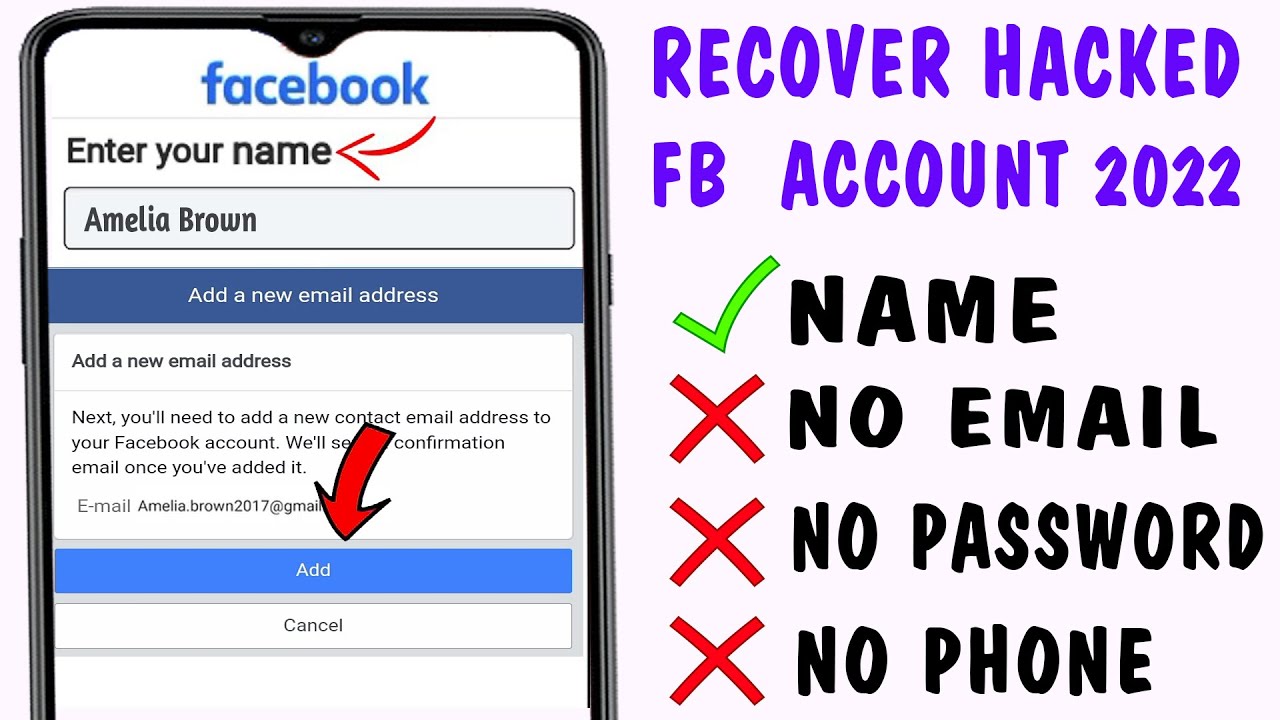Tech Tips
How To Tell If My Computer Has Been Hacked
How To Tell If My Computer Has Been Hacked
In present times, it is an undeniable fact that hacking and cybercrime are on the rise. It has been estimated that hackers attack someone online every 32 seconds. The question is “How To Check If I Have Been Hacked”.
While cybercriminals will continue to find new methods to infiltrate your devices, there are ways to remain vigilant and aware of your computer’s security status. No one is asking to be hacked, of course, but it’s an unfortunate reality for everyone.
How To Check If I Have Been Hacked
However, if this happens to you, here’s how to tell if your computer has been hacked and how to stop hackers in their tracks.
-
Denial-of-service attack
You can tell that a denial-of-service (DoS) attack occurred when your password seems to have randomly changed for an account or device. Another indicator is if you can no longer access key system settings, such as a factory reset or system restore option. A DoS attack can sometimes culminate in a ransomware attack, which means a hacker will attempt to hold your sensitive stolen data ransom. listed below are 4 additional steps you can take to prevent a DoS attack.
-
Check your online account settings
You can stay ahead of hackers by keeping an eye on your online accounts to see if there are any recent changes. It’s easy to overlook this step, especially if you don’t use a particular account often or you don’t look at your own page frequently, in Facebook for example. It’s worth doing, though, because social media sites allow you to lock down your account in your account settings tab if you’re worried about suspicious activity.
-
Enable two-factor authentication
Two-factor authentication makes it more difficult for hackers to access your account and adds another layer of security, even if someone steals your password. This adds your phone number or an authenticator app to your log-in process, which means the hacker would need access to your phone as well as the original account.
How To Check If I Have Been Hacked
-
Check for suspicious logins
Most major online accounts will allow you to see when someone has logged into your account and from what location or IP address (click here to learn how to find your IP address). If you do not recognize the login attempt, then you should immediately change your password and notify the company that your account was compromised.
See Also: Non-Fungible Token (NFT): Everything You Need To Know
-
Prevent remote access
Remote access is a great feature for certain industries and employers because it helps to connect employees to necessary servers and storage devices via their internet connection.
To prevent remote access to your PC:
- Click on the Windows Start button.
- Type in “Allow Remote Assistance invitations to be sent to this computer” in the search bar.
- Uncheck the box next to “Allow Remote Assistance connections to this computer“.
- Click Apply.
If you want to know how to check whether someone is remotely accessing your computer without your permission, follow these steps:
- Press Ctrl+Alt+Del
- Click on Task Manager
- Review your current processes
Identify if there are any processes or applications that look unusual or suspicious
How To Check If I Have Been Hacked
-
Suspicious Applications Installed On Your Pc
If you do notice suspicious applications in your list of installed programs, it’s imperative that you uninstall them immediately. And to make sure you can see every possible application, start your Windows PC in Safe Mode. Then, uninstall any suspicious programs to clean up your PC.
See Also: How To Hack Wifi Passwords
-
Fake Antivirus Software Messages And Pop-ups
Malware is often at the root of fake antivirus messages and other unwanted pop-ups on your PC. If you see random pop-ups on your screen, do not click them. Instead, close your browser and start it again in incognito mode and reload the page.
Then, check your computer’s antivirus program, firewall, task manager, and registry to make sure they’re not disabled or altered in any way.
It’s important to never download any antivirus software that you have not thoroughly researched and vetted. If it seems illegitimate, it probably is, and it may lead to malware landing on your PC.
How To Check If I Have Been Hacked
-
The Dreaded Trojan Attack
Fake antivirus software may also serve as a Trojan. If you installed a fake antivirus program by mistake, your operating system may view it as a trusted program. Your OS then won’t stop you from downloading anything else nefarious initiated by the Trojan.
If you fall victim to a Trojan attack, there are steps you can take to mitigate it. First, you need to format your hard drive, which may be painful if you haven’t backed up your important data. For those who may not be up to date with this critical maintenance task, check out our list of the best Windows backup software to be prepared.
If you can’t format your drive, you can stop the threat by downloading a malware removal tool from a non-infected device. Then connect it to your infected system via a USB flash drive. In many cases, this will remove the fake antivirus software without damaging your PC.
See Also: 10 Best Gaming Laptops For 2022
-
Browser Toolbars And Search Redirection
There may be times when your browser of choice inexplicably loads to a homepage you’ve never seen before. If you made this change by accident, it’s easy to fix. But it may actually be a sign that you’re the victim of a virus that is actively redirecting your browser.
Hackers typically do this as a way to serve you ads. They may even potentially redirect you to a mirror of Google that earns them ad revenue every time you search. To get rid of this, remove any installed third-party browser add-ons, extensions, and toolbars you don’t recognize.
You should also change your browser back to the default homepage and remove any unwanted search engines from your tools. Then, restart your PC in Safe Mode and make sure the browser works according to your preferences. If not, your system is likely infected with deeper malware and you will need to run an antivirus scan to fix the issue.
How To Check If I Have Been Hacked
WRAPPING UP
If you notice anything wrong with your PC, immediately check for things that have changed, especially whether any programs or applications were installed without your consent.
Once it has been identified, you should be able to solve it by troubleshooting the issue with the steps above. Then, take the time to put some basic cybersecurity measures in place so it doesn’t happen again.












